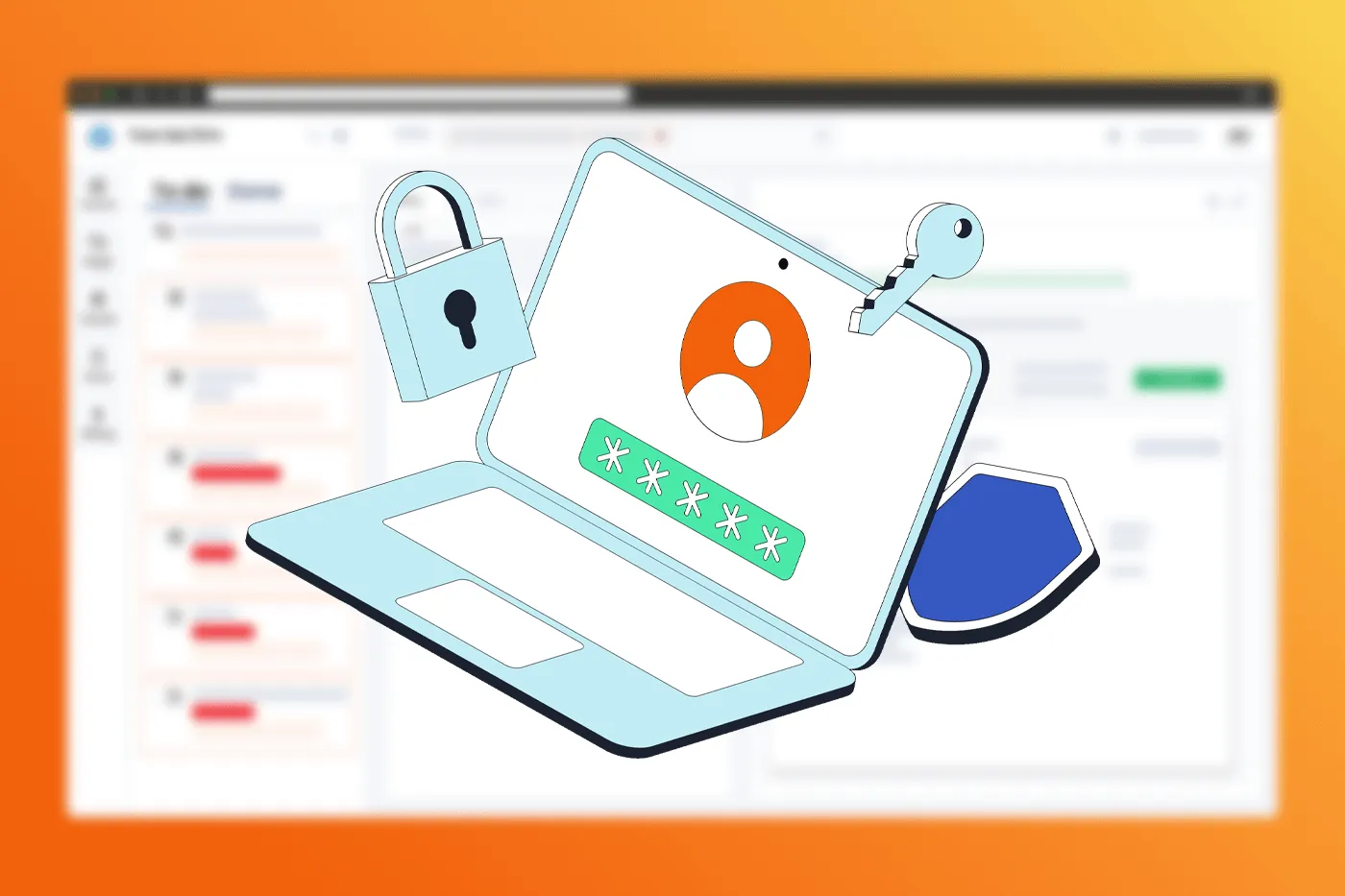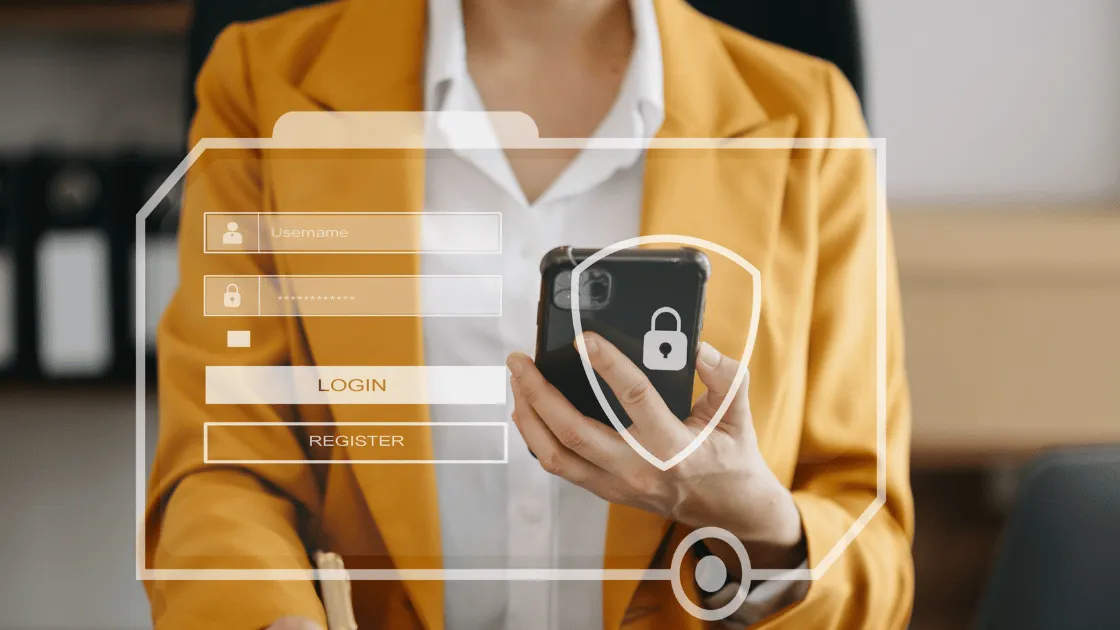The Power of Empathic Communication in Law
Written by
|
November 28, 2023
Written by Smokeball
|
November 28, 2023

Written by Jordan Turk
|
November 28, 2023

A common reason for disciplinary complaints filed by legal clients is poor communication- slow response times, jargon-filled language, or a lack of compassion.
Signs a firm struggles with empathic communication include high client turnover rates, poor reviews, and a need for more referrals. If that sounds like your firm, it may be time to learn some empathic communication skills.
Empathic communication means understanding someone else's experience and feelings about a situation. This knowledge can help lawyers better support their clients, which, as we'll show in this post, can benefit your business.
Yet, deploying empathy in law is easier said than done. That's why we created this guide. Read on to understand the benefits and barriers of empathic practices, plus some tips to start using empathy with your clients today.
Benefits of Using Empathy in Law
Learning how to be empathetic is not just helpful with clients; it can also benefit your business. Here's how.
Improve Client Satisfaction
Empathy makes people feel heard, an essential human need that too many of your clients may go without. Generally, when someone has to hire an attorney, they’re going through a traumatic time. Consistent communication helps them settle their nerves and calm their stresses about various unknowns that could impact their life in significant ways. When you practice empathy with your clients, they will feel more satisfied with your service, regardless of their case's outcome.
Retain More Clients
When clients appreciate your bedside manner, they are more likely to become repeat business. And research shows that increasing your client retention rate by only 7% can boost your bottom line by 30% to 92%.
Get More Referrals
Making your current clients happier won't just impact retention rates; it will also help increase referrals. Referrals will not only improve your profits but also reduce your legal marketing and advertising costs.
Differentiate Your Practice
According to LexisNexis, 43.3% of lawyers say competition is the biggest barrier to client retention. Earning a reputation as an empathetic law firm can help you stand out, boosting client retention further and beating out competitors for new leads.
Prevent Malpractice Suits
As we have reported on our blog, poor communication is a leading cause of malpractice lawsuits. From an ethical standpoint, attorneys are bound to respond to reasonable requests from the client promptly. “Part of representing a client is ensuring we aren’t making them needlessly anxious with a lack of communication,” says Jordan Turk, attorney and legal technology advisory. A more empathetic communication style can eliminate communication barriers and foster client trust in your legal professionals' skills.
Barriers to Using Empathy in Law
As crucial as deploying empathy at your law firm is, there are some barriers lawyers run into. Lawyers are more used to relying on logic than emotion, and some may struggle to use empathy without giving clients the wrong impression.
Using empathetic communication styles can further your goals, not become a receptacle for clients' problems. To do that, ensure you maintain proper boundaries and prevent burnout by understanding the distinction between empathy and sympathy.
Maintaining Proper Boundaries
Setting boundaries is crucial for preventing clients from communicating with you inappropriately. Some clients may start to consider you a friend or trusted confidante because of your empathic demeanor. Without firm boundaries, you may give more time or energy to your client than you intend.
Jordan relays, “Attorneys often become a client’s defacto therapist, and it’s incumbent upon us to set boundaries to avoid that. For me, with phone calls or emails, I’ll tell clients that I will respond between certain hours. Otherwise, I am not monitoring my work emails or phone.” She goes onto advise: “It’s easy to think that we can respond to emails before going to bed because that’s easily billable, but mentally, it’s mentally detrimental. It’s a hard lesson to uphold your own rules with clients.”always stay informed about their case's progress
Succumbing to Burnout
Compassion fatigue is a term used in the healthcare field to describe a professional's response to exposure to someone else's trauma and stress. Lawyers can benefit from learning how to prevent this type of burnout by understanding the difference between empathy and sympathy.
Empathy means understanding your client's perspective and using that knowledge for more effective communication. Sympathy, on the other hand, is feeling bad for the other person and even sharing those feelings, too much of which often leads to emotional burnout.
Learning Empathy
Empathy comes naturally for a lucky few. But for others, we must learn how to deploy empathy to see others' perspectives that are different from our own. To help you out, we provide actionable tips for using empathic communication in your practice next.
How to Use Empathic Communication in Your Practice
Award-winning communications consulting firm The Grossman Group has set guidelines for using empathy in practice. Their work primarily focuses on communications between employers and workers, but it can also apply to clients.
Listen Without Interrupting
The American Bar Association has called interrupting a 'rampant' issue in the industry. Interrupting colleagues or clients is not just an issue of propriety. It can even get you fined if you do it in court.
Some lawyers interrupt out of excitement or interest or because they believe what they have to say is more important. No matter the reason, interrupting someone can compromise trust or, worse, cause resentment. Even though the attorney might be able to guess exactly how a story might play out, the client still needs to have the space to explain it from start to finish. They shouldn’t feel rushed to complete.
Building credibility and trust with clients is crucial to a more effective lawyer with better outcomes. You can start by not interrupting your clients. Instead, listen until the person is finished speaking before butting in. Moreover, instead of thinking about what you will say while they’re talking, suspend your response and truly listen.
Imagine How Your Client Feels
Experts in empathic communication styles recognize three pillars of empathy: cognitive, emotional, and behavioral. Cognitive empathy is understanding how someone feels, emotional empathy is feeling their emotion yourself, and behavioral empathy is the actionable aspect.
Emotional empathy is not always helpful in the legal world. Clients may be struggling with the death of a loved one, going through a painful divorce, or facing the potential of life in prison. As such, feeling the emotions they are going through may inhibit your ability to do your job.
Cognitive empathy, on the other hand, is crucial for analyzing legal clients. You must be able to understand what state of mind the person is in to identify their motives and goals. Imagining how your client feels can also help you understand how much help they will be to your case.
To imagine how your client feels, consider how you would feel in their shoes. Then, you can practice the golden rule: do unto your client as you would have them do unto you in the same situation.
Repeat Your Client's Main Points Back to Them
Two people rarely speak the same language, but we all tend to act as if we do, explaining why miscommunication is so common. Throwing lawyers into the mix makes matters worse, as legal professionals tend to rely on logic rather than emotion.
Clients are different. Their emotions may run high, or they may not think as logically as you do. Often, that means you will have to translate what they are saying into a language you can better understand.
Repeating what a client says can help you check for understanding. It will also show your client that you hear and comprehend them, a type of validation that can help eliminate self-doubt and foster positive feelings in the client toward you.
Use Validating Language
We just mentioned that validation can help improve lawyer-client relations. Repeating your client's words back to them is not the only way to validate them. You can also use validating language and statements.
An example of a validating statement is, 'I get the impression that you feel angry, and I would be, too, if I were in your shoes.' The goal is to show compassion and relieve any shame your client has about feeling the way they do.
Importantly, validating your client does not necessarily mean agreeing with them. It only means that you respect the other person's perspective. The ultimate aim is to have a more effective conversation or calm the client to get the conversation back on track.
Using validating language can be particularly helpful when communicating with difficult clients. Failing to understand their situation may result in the client seeking legal representation elsewhere, making this skill integral to your bottom line.
Offer Support When Possible
Clients are not robots, and you aren't a therapist. Still, part of your job as a lawyer is to support clients, whether legally or emotionally. Showing support can be as simple as following the steps we've laid out thus far.
When a client wants to vent, hear them out. Try to put yourself in their shoes and identify how you might feel in a similar situation. Then, use validating language to show understanding.
Offering support does not mean fixing your client's personal and emotional problems, though. If you must provide reassurance, lean into your role as a legal advisor and explain how winning their case may help your client feel better emotionally.
Follow Up With Clients
After a client opens up to you, you may feel tempted to sweep the conversation under the rug. A better communication strategy is to follow up to see how your client is doing after a few weeks pass.
Following up is a way of acknowledging the conversation you and your client had. It reinforces that you care for your client and not just their service payment.
All a follow-up requires is a quick query about how your client is feeling. You could ask in person, over the phone, or even in a quick email. No matter how you follow up, doing so will ensure that your client will remember you (and recommend you) long after their professional relationship with you has ended.
Get More Client Communication Advice from Smokeball
Empathic communication can help your firm improve client relations and its bottom line. Employing empathy with your clients begins with becoming a better listener and putting yourself in their shoes.
The number one client grievance in the United States is, “My lawyer won’t call me back.” Client communication should not be a hurdle to overcome. With a resource like Smokeball, the hurdle is eliminated. Your client can stay informed at all times about the progress of their case.
Learn more about Smokeball document management for law firms:
Book Your Free Demo
Ready to see how Smokeball client intake software helps you Run Your Best Firm? Schedule your free demo!

















